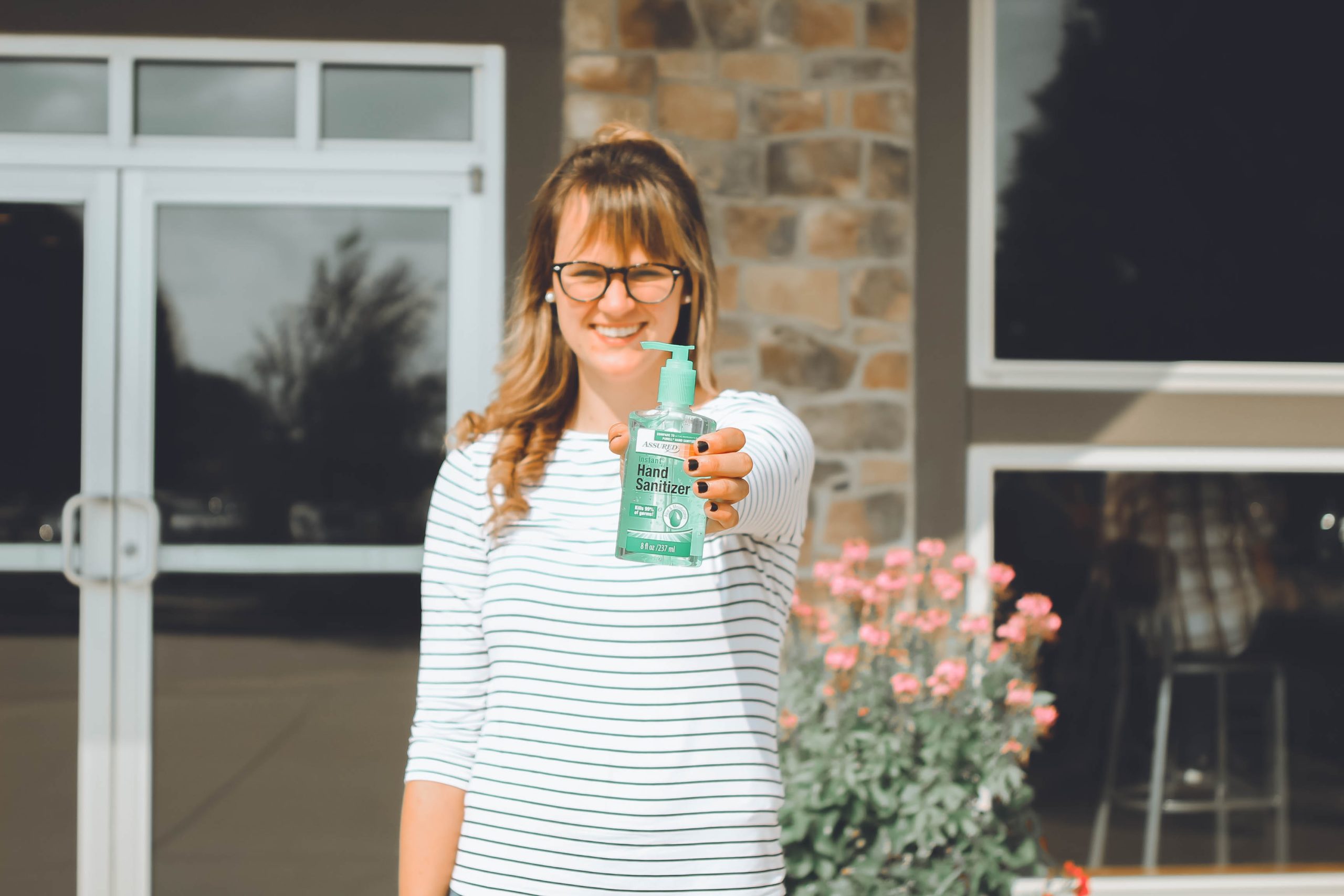It’s mind blowing to think of someone deliberately drinking hand sanitizer to get an alcohol buzz / high. However, just as many teens drink cough syrup or inhale whip cream vapors from a can, or try Jenkem, or even alcohol soaked tampons, many have discovered hand sanitizers as the source of a potential high. It’s not just teens who are drinking and using these methods to get high, adults, too, have been using hand sanitizers to catch a buzz because most sanitizers are 95% alcohol. One man, a middle-aged banker at Chase Bank, admitted to purposely drinking hand sanitizer throughout the day as an antidote to his high-stress work environment…and then realized he had become addicted to it, quite quickly.
With the recent threat of the Coronavirus(COVID-19) in America we’re seeing a 25% increase in Hand Sanitizer Addiction. Using an alcohol based hand sanitizer is one of the first thing medical experts and scientists say to use, sporadically, throughout the day to stay germ-clean and hopefully avoid the disastrous Coronavirus (COVID-19) from spreading.
In 2018, 1,985 reported incidents of intentionally ingested hand sanitizer occurred, according to the American Association of Poison Control Centers. In fact, there have been fourteen published case reports in medical journals of adults intentionally ingesting hand sanitizer, with the median age being 34, and one of the individuals has died. Yes, hand sanitizer addiction is really a thing.
Is Hand Sanitizer Dangerous?
Hand sanitizers are composed of ethyl alcohol, like what you would find in an alcoholic beverage, and isopropyl alcohol, known as rubbing alcohol. In the products that contain the ethyl alcohol, the percent of the alcohol in a single bottle is a whopping 80% or higher. Contrast that with the alcohol content found in wine (11%) or beer (4%). Even spirits like vodka and whiskey have just 30-40% alcohol content. This means that if someone ingests a small bottle of hand sanitizer they could risk alcohol poisoning.
Unfortunately, young and middle aged folks have learned to separate the ethyl alcohol from the gel, simply by adding salt to the sanitizer solution. Concurrently, they have adopted and coined terms for this intense version of hand sanitizer when mixed with Listerine, such as “hand sanity fix,” “Mr. Clean’s Tears,” and “hand sani-tripping.”
The hand sanitizers that are made from rubbing alcohol implore a toxicity level that is super toxic to your central nervous system. In addition to the rubbing alcohol, these products add several other chemical ingredients, all of which are also toxic and dangerous to the nervous system. An situation reported in the New England Journal of Medicine reports a 42 year old alcoholic who had drank hand sanitizer straight from a wall-mount in the hospital which was 63% rubbing alcohol. He stated that the sanitizer “had a higher alcohol percentage than vodka.” Alcohol treatment in Arizona exists and there only a couple certified drug rehab centers in Scottsdale that can help with hand sanitizer addiction.
How Does a Hand Sanitizer Addiction Develop?
Those who decide to drink these hand sanitizers are typically teens and young adults looking for a cheap and powerful buzz that is easily accessible, or those with an alcohol addiction who resort to these types of sources to drink alcohol, hiding the fact that they are still drinking and using. As with any substance that contains an addictive substance, drinking hand sanitizers that contain ethanol can create an intense buzz and high. The individual will then try to re-create that high and will continue to drink hand sanitizers for the purpose of achieving and maintaining that buzz throughout the day. Over time, any alcohol-containing beverage will begin to lose its impact as tolerance increases. The person in turn ups the amount of hand sanitizer consumed, trying to achieve the original high. This right here is how addiction to hand sanitizer develops, and gets worse, fast.
With that in mind, getting treatment for a hand sanitizer addiction is the same as getting treatment for a drug or alcohol addiction. The individual will need to receive professional therapy that helps them understand the driving forces for their propensity to use hand sanitizers for a high, and then make behavioral changes to overcome the addiction.
Arizona Addiction Recovery Center Hand Sanitizer Addiction Treatment
Arizona Addiction Recovery Center provides treatment for hand sanitizer addiction who are seeking professional addiction treatment. Our Intake Specialists will assess your treatment needs, imploring you to come into a highly qualified addiction treatment program, such as Arizona Addiction Recovery Center in Scottsdale, AZ. Included in the free phone consultation is an insurance verification and review, so you will know up front what your insurance plan covers. For more information about how AARC can help you with your hand sanitizer addiction, contact us today at 602.346.9130
And as always, if you feel sick or think you may have the Coronavirus (COVID-19) immediately call 911 and get help right away!





